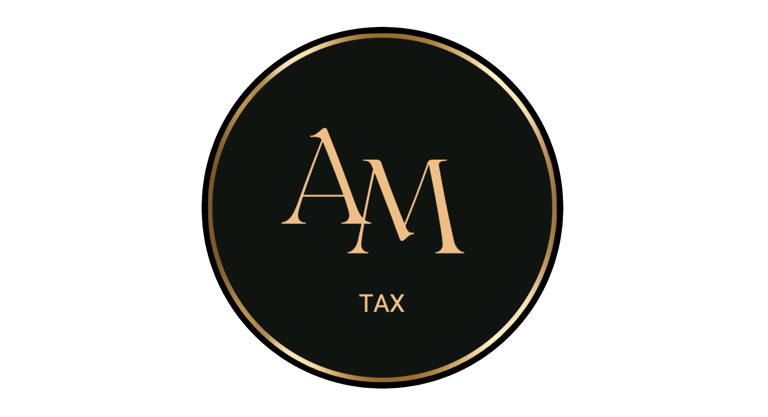
Transparency in Business: The U.S. Beneficial Ownership Reporting Requirement
What LLC and Corporation's owner need to know about the new BOI report.
11/12/20232 min read


As of January 1, 2024, a significant change is set to reshape the landscape of corporate transparency in the United States. Companies across the nation will be mandated to report information about their beneficial owners to the Financial Crimes Enforcement Network (FinCEN), a bureau of the U.S. Department of the Treasury. This move marks a crucial step in the ongoing global effort to combat financial crimes and enhance the transparency of corporate structures.
Understanding Beneficial Ownership: Beneficial ownership refers to the individuals who ultimately own or control a company and own 25% or more of the business. The concept aims to unveil the true decision-makers and stakeholders behind corporate entities, providing authorities with a clearer picture of the ownership structure.
The Role of FinCEN: The Financial Crimes Enforcement Network, established to safeguard the financial system from illicit activities, is at the forefront of this initiative. FinCEN's role is to collect, analyze, and disseminate financial intelligence to combat money laundering, terrorist financing, and other financial crimes. By requiring companies to disclose their beneficial ownership information, FinCEN aims to create a more transparent and accountable business environment.
Reporting Process and Timing: It is crucial to note that FinCEN cannot accept reports before January 1, 2024. Companies falling within the scope of this requirement will need to compile and submit detailed information about their beneficial owners. This may include names, addresses, dates of birth, and social security or other identification numbers of individuals holding substantial control or ownership interests. Corporations and LLCs registered before January 1, 2024 will have until December 31, 2024 to comply. New businesses registered after January 1, 2024 will have 30 days to comply.
Benefits of Beneficial Ownership Reporting:
Enhanced Transparency: The primary goal of beneficial ownership reporting is to enhance transparency within corporate structures. By revealing the true owners behind companies, the U.S. aims to create a more accountable and open business environment.
Combatting Financial Crimes: Disclosure of beneficial ownership information is a powerful tool in the fight against money laundering, corruption, and other financial crimes. Authorities can use this data to trace illicit funds and activities back to their source.
Global Anti-Corruption Efforts: The U.S. move aligns with international efforts to combat corruption and financial crimes. Many countries around the world are adopting similar measures to create a cohesive global framework for combating illicit financial activities.
Protecting National Security: Knowing who controls or owns companies is crucial for safeguarding national security. Beneficial ownership reporting adds an extra layer of scrutiny to prevent the misuse of businesses for nefarious purposes.
The implementation of beneficial ownership reporting requirements represents a significant stride toward fostering transparency, accountability, and integrity within the U.S. business landscape. As companies gear up to comply with these new regulations, the collective effort to combat financial crimes and protect the integrity of the financial system takes a noteworthy leap forward.


